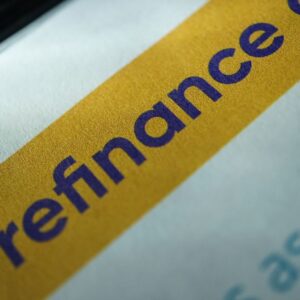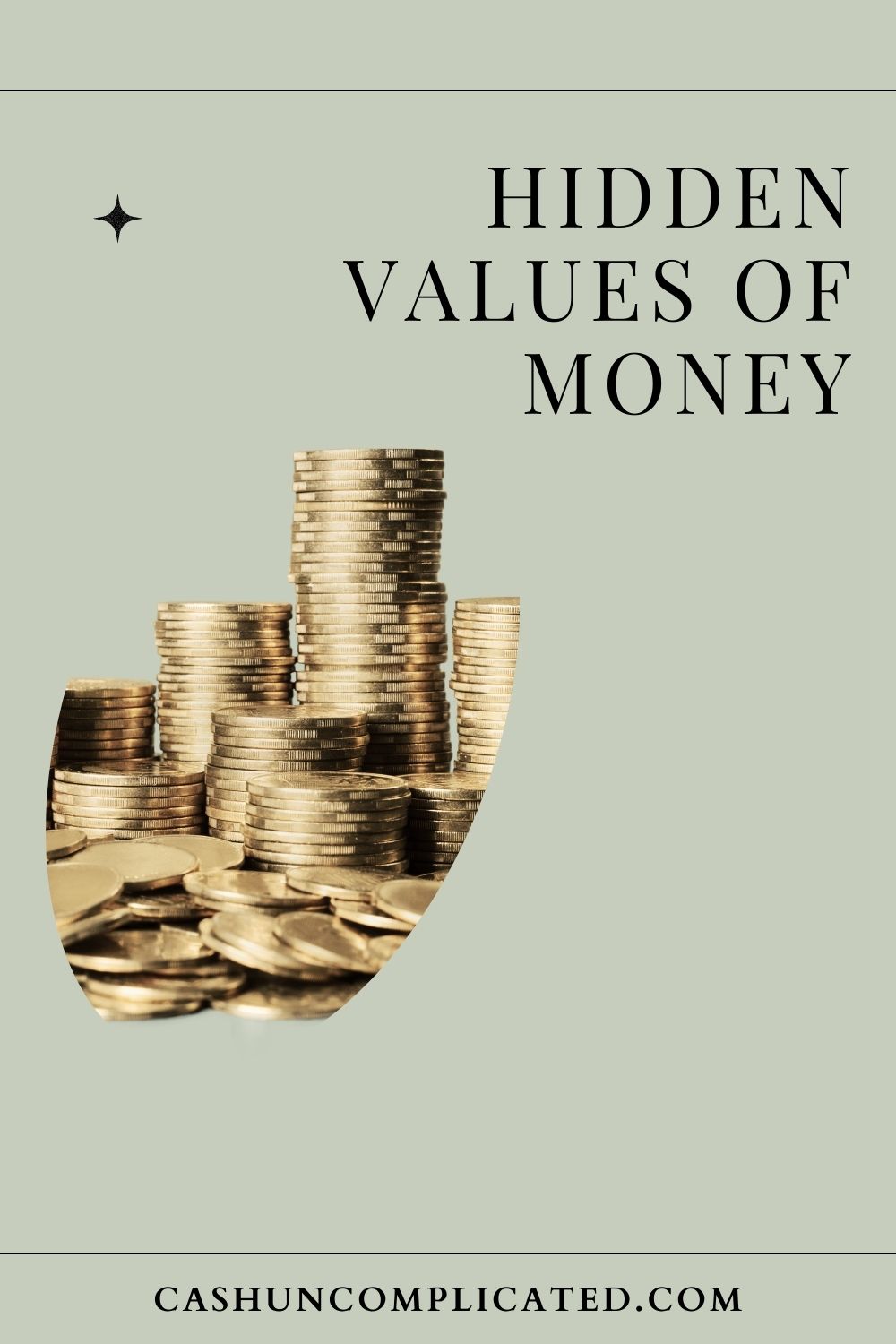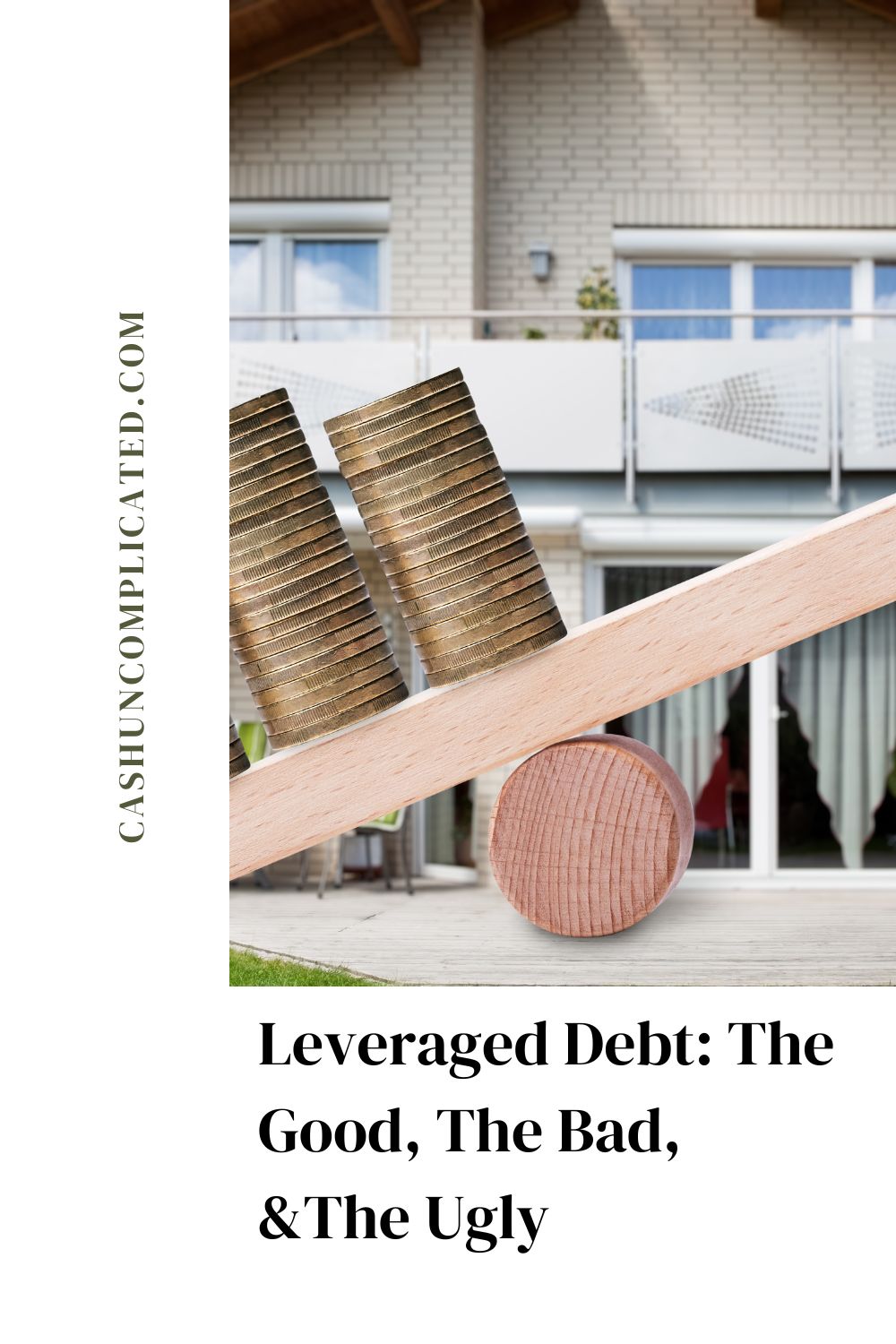Hi Aaron,
I’m thinking about refinancing my house. I have a fixer-upper and there’s a lot of work that needs to be done. The kitchen is dated, both bathrooms need to be redone and the house needs other work. Should I just do a regular refinance to get a lower interest rate or take out cash to upgrade the house? I have some equity in my house due to the surge in prices over the last year and some work I’ve already done.
Anna
Hi Anna,
Thank you for the question. With the huge increase in home prices over the past year, many people are thinking about doing a cash out refinance. My biggest concern with doing this is people using the money to buy cars, furniture, or other depreciating items.
Pulling equity from a home for these reasons is something I am highly against. It’s basically taking money from an asset to buy a liability. Problem is, the asset is then worth less, and there’s more debt to pay on that asset. Making the asset less valuable and more expensive to keep.
For example, if someone bought their house for $400,000 with 20 percent down. That would mean they put down $80,000 which gave them an immediate $80,000 in equity assuming they purchased at market value. Ten years later if that house doubles in value to $800,000, they now have equity from the following:
- $400,000 in appreciation
- $80,000 from original down payment
- The loan pay-down from 10 years of making payments, estimated at $70,000 if original interest rate was 4 percent
- Total equity: $550,000
That’s a lot of equity—more than half a million dollars. If this same person takes out $200,000 to buy a new car, furniture, and clothes, they now have $350,000 less in equity, but a much larger mortgage payment. It’s basically a backdoor way to finance depreciating consumer purchases.
In your scenario it sounds like you are thinking of pulling equity from the home to make improvements. I don’t think there’s anything wrong with this if you’re making the right improvements. I would recommend talking to a real estate professional to find out what will actually add value to your house in your market.
For example, someone can put a massive fountain imported from Europe in the middle of their front yard and that wouldn’t necessarily be an improvement. Even though the fountain may have cost $20,000 that doesn’t mean it’s adding $20,000 or more to the value of the house. That could actually diminish the value of the home because not everyone wants a massive fountain in their front yard.
Conversely, a homeowner who replaces a 1970’s kitchen with a brand new modern kitchen for $20,000 would likely add a good amount of value to the home, likely even exceeding the cost. That’s why house flippers run precise calculations when they are rehabbing a property.
They know that if they spend $20,000 on a kitchen, they are getting x amount of value back. Could be a few thousand more or even double or triple the cost. By you using the money from your equity, you are basically following the same business model as house flippers. Except you are living in your house and may not intend to sell for several years, or ever.
To summarize—my opinion is that if you’re taking money out to make improvements that will increase the value of the home, that makes a lot of sense. Just make sure of a few things:
- That your improvements are truly adding value to the home.
- You will enjoy living in your home with the improvements.
- You’ll be able to afford the new higher payments. It’s kind of a weird scenario in which your house will likely be worth more after the improvements, but your monthly cashflow will be less.
Aaron,
I just got a new job that is paying me about 500 dollars more a month. What should I do with the money? I’ve been living pretty frugally over the past couple years and wouldn’t mind spending a little more on myself.
Stacey
Thank you for the question Stacey and congratulations on the significant pay raise! This is very common for people upgrading their job. Especially for someone moving from an entry-level position to a job that requires more skill and experience. It can feel like a sudden windfall of money and it’s very tempting to go out and buy a new car, find a nicer place to live, or spend the money in another way altogether.
Spending more as you make more is called lifestyle creep, something I write about in this post and in my book Cash Uncomplicated. Normally lifestyle creep happens a little more gradually, like over the course of a few pay increases. A new job with higher earnings would certainly qualify as well.
Lifestyle creep is one of the biggest hindrances to building long term wealth. Since it’s such a major inhibitor of wealth, I would recommend reading in depth about it in my book, blog posts, or search more online. We could go down the rabbit hole in this Q & A, but that would become really long winded.
Congratulations for not only the new job, but for also living frugally. I definitely understand you wanting to upgrade your lifestyle a little bit. The beauty of personal finance is that it’s never all or nothing. I think that you can invest the majority of your pay increase and also take a little more for yourself monthly.
How much more would you like to spend on yourself per month? You might be happy spending just $50 more. Or maybe you want to increase it to $100 or $200. Pick your amount and invest the rest. Set up your account to automatically invest the money each month so you don’t have to think about it every month. I would recommend investing at least 50 percent of your increase, the higher the better.
This may seem contrary to my advice to pay yourself first and invest at least 10 percent of your income. In your scenario, I’m assuming you are already investing at least 10 percent of your income and paying yourself first. This pay increase is a nice addition to what you are already doing so you have a little more room for flexibility.
Obviously the more you invest, the more you will be able to grow your long term wealth and avoid lifestyle creep. Allocating 100 percent of your pay increase is the most optimal long term. But 80 and 90 percent are also good. As is 60 and 70 percent. Look at your current needs, your long term goals, and I’m sure you’ll come up with a number that works for you.








